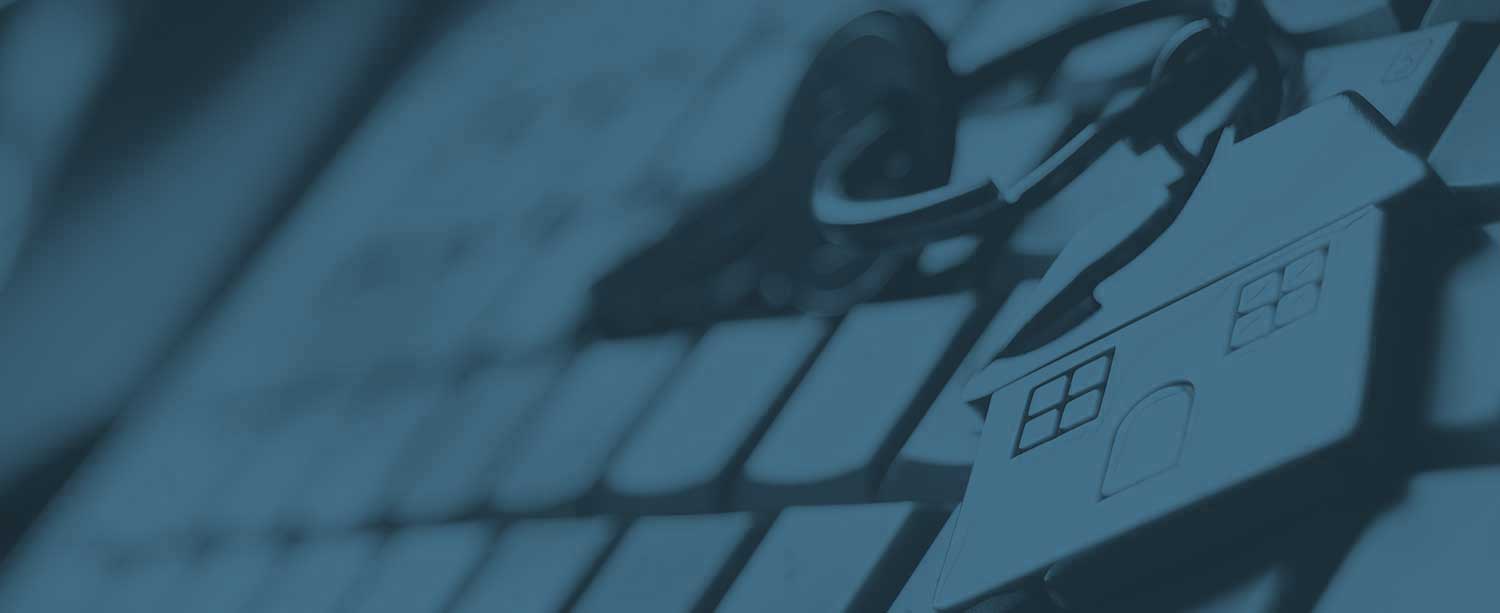
Frequently Asked Questions
Check below for answers to our most commonly asked questions. And if you still need help, reach out and we’ll get you the answers you need.
Should I refinance?
Find out if you can save money by refinancing your existing loan at current interest rate levels.
While a lower interest rate may mean lower monthly payments and less total interest, a refinance will also mean paying closing costs and, in some cases, points. If the monthly savings exceeds these closing costs, refinancing is a good option.
How much loan can I qualify for?
You can work with us to find out approximately how much you will be able to borrow before you begin your house hunt. We will ask you to provide documents such as tax returns and W-2 forms, bank statements and paystubs in order to help you arrive at a number.
What is a FICO score?
A FICO score is a credit score developed by Fair Isaac & Co. Credit scoring is a method of determining the likelihood that credit users will pay their bills. Credit scoring is widely accepted by lenders as a reliable means of credit evaluation.
Credit scores analyze a borrower’s credit history considering numerous factors such as:
- Late payments
- The amount of time credit has been established
- The amount of credit used versus the amount of credit available
- Length of time at present residence
- Negative credit information such as bankruptcies, charge-offs, collections, etc.
To obtain a copy of your credit report, contact any of these credit-reporting agencies:
- Experian, www.experian.com
- Trans Union LLC, www.transunion.com
- Equifax www.equifax.com
What is the difference between the Interest Rate and the Annual Percentage Rate (APR)?
The APR is the cost of funds that are borrowed over a specific period of time in the form of a percentage which can include broker fees, points, and some closing costs. It is a calculation that can help you determine the overall cost of your loan. The interest rate is used to calculate the interest you pay each year and determines the amount of your monthly payment.
Am I excluded from getting a mortgage if I have declared bankruptcy or have bad credit?
Not necessarily. It is still possible to be approved for a mortgage if enough time has passed since your bankruptcy case has been closed. The wait period will depend on your loan type.
Having good credit helps you to get a lower interest rate, but having perfect credit isn’t necessary.
What documents do I need for Preapproval and for closing a loan?
This can depend on the mortgage lender — each lender can require a slightly different set of records — and it also depends on the type of loan you’re applying for. Be prepared to provide at least the following documents:
- Paystubs for the last two months
- Two years of tax returns
- Two months of bank records from each bank account
- Any other documents that prove income (i.e. child support, rental income, etc.)
- Information on any current debts you have with monthly payment information
Is there anything I should avoid doing before getting preapproved?
Yes. Several things:
- Don’t start shopping for a home until after you’ve been preapproved
- Don’t pack important documents that you’ll need (i.e. tax returns, pay stubs, bank statements and W-2s). Keep them accessible.
- Don’t suddenly pay off all of your debts
- Don’t apply for credit cards or other new lines of credit
- Avoid changing jobs, if possible
What is Private Mortgage Insurance (PMI)?
PMI stands for private mortgage insurance and is required by the lender when less there is less than 20% equity in a property. The insurance offsets losses to a lender if a borrower cannot repay the mortgage. Some programs don’t require PMI and others offer discounted options along with the ability to finance the cost or pay the amount in cash.
What are Mortgage Points?
“Points” refers to fees that are shown as a percentage of the overall loan amount (i.e. one point equals 1%). Origination points are fees paid related to the processing of a loan, while discount points are paid to reduce the interest rate on a loan.
What are Income and Debt Ratios?
Your income ratio is your total monthly housing expense divided by your pre-tax monthly income.
You debt ratio is your total monthly housing expense in addition to any other ongoing debts (i.e. credit card debt, car payments, etc.) divided by your monthly income.
Generally, underwriting guidelines would be to have a maximum of 35% income ratio and 43% debt ratio.
Can I "lock in" my interest rate?
Yes, you can! We can work with you to lock in an interest rate. We will provide you with a written agreement that details the interest rate, loan terms and time period for the rate lock.
What are Closing Costs?
- The costs paid at closing may include escrow fees, prepaid interest, insurance fees, documentation fees, and more.
- Closing costs may vary by borrower based on your mortgage loan type, property location, and other factors.
- You will be able to find your closing costs listed in the Loan Estimate (LE) your loan officer provides at least three business days once you are under contract and have made formal your formal loan application.
Closing costs can range from 2 to 5 percent of the purchase price of your home. The buyer and the seller pay different costs at closing.
How much cash do I need to buy a home?
It depends. The purchase price and program you select will influence this, but there are three categories of fees that are typically associated with a mortgage.
- You will need funds for an earnest money check when you make an offer on a house. This shows the seller you’re serious and are willing to forego this money if you back out.
- The second category is funding for a down payment — this may be as little as zero, or as much as you would like to put down.
- Finally, closing costs will be required which will vary on the program and loan amount.
What zero down options are available?
There are some loan programs that don’t require a down payment (i.e. a VA loan) but there are specific criteria that need to be met in order to qualify. Other variables may include the location of the home, your annual income and whether or not you’re a first-time homebuyer. We can help identify whether there are any zero-down programs you may qualify for.
What are conforming and non-conforming loans?
Conforming loans meet specific national standards, most often referred to as Fannie Mae/Freddie Mac requirements. These loans follow uniform standards set for document specs, maximum loan amounts, interest rates, and debt-to-income ratios.
Non-conforming loans do not meet these standards due to either the borrower’s financial status or the property not falling within set guidelines. These are funded by private lenders and often come with higher interest rates.
What is included in my mortgage payment?
Your monthly payment is broken down into Principal, Interest, Taxes, and Insurance (PITI).
- Principal goes directly to pay down the loan balance
- Interest goes to the lender who issued the loan.
- Taxes are your local property taxes and they go to government agencies. Taxes are typically due once or twice a year.
- Insurance refers to your homeowner’s insurance, which also is typically paid once or twice a year.
The money you pay each month toward your taxes and insurance is kept in an escrow account, out of which these bills are paid directly.
